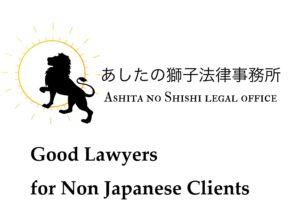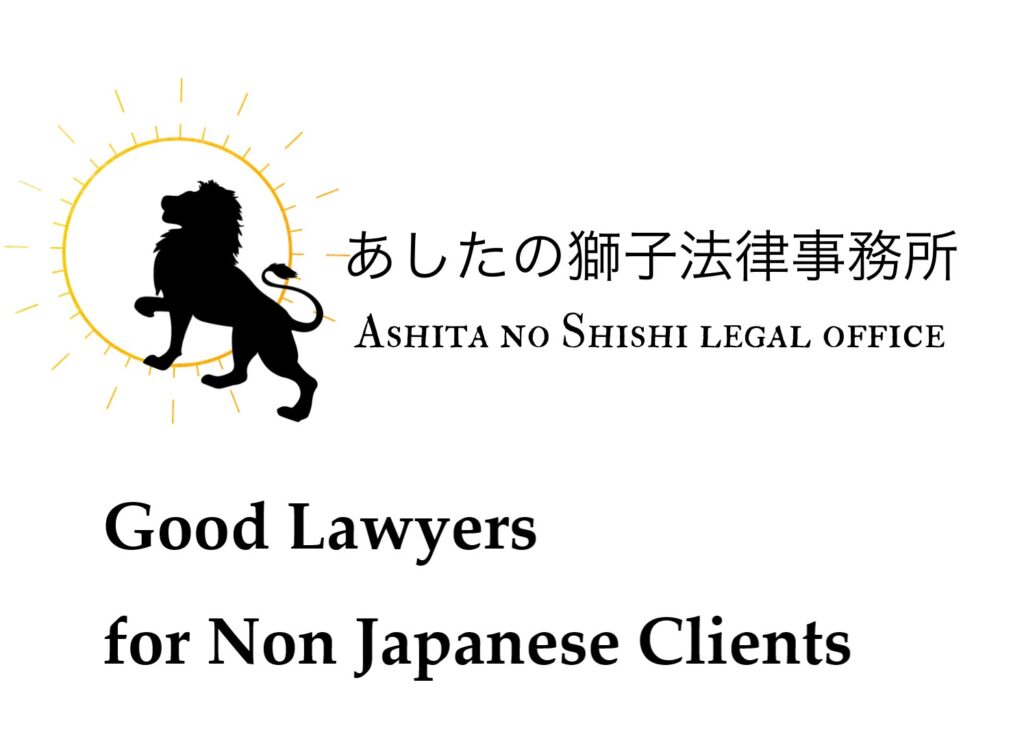Nidec’s Accounting Investigations: What We Know So Far After the ALT Case
1. After the ALT scandal, another major case drew attention
In our previous article, we reviewed the case of ALT, an AI startup that engaged in circular transactions to inflate its revenues. A third-party committee later confirmed that a large majority of ALT’s recorded sales lacked real substance, ultimately leading to the company’s delisting. The case highlighted the vulnerabilities of fast-growing firms when internal controls and compliance frameworks are not fully established.

Soon after, a very different company found itself under scrutiny.
Nidec Corporation — one of Japan’s largest global manufacturers — began disclosing multiple reviews relating to transactions, customs procedures and accounting treatments at several of its overseas subsidiaries. While the nature of these issues is fundamentally different from the ALT scandal, the developments once again placed the spotlight on corporate governance, accounting accuracy, and disclosure transparency in Japan.
This article summarizes only what has been publicly disclosed by the company or reported by major media such as Nikkei and Reuters. The investigations are ongoing, and no definitive conclusions have been reached.
2. Who is Nidec, and why are its investigations significant?
Nidec is a global motor and component manufacturer serving industries ranging from home appliances to automotive, industrial machinery, EVs and data centers. Through decades of rapid expansion and numerous acquisitions, the company now operates dozens of subsidiaries and production bases worldwide.
Managing accounting, customs, and tax compliance across such a diverse global network is inherently complex. As Nidec accelerated its global growth, the gap between operational complexity and internal-control robustness appears to have widened — a structural backdrop that helps explain why several review items surfaced around the same time.
3. The China subsidiary: purchasing incentive payment under review
In a corporate release dated September 3, 2025, Nidec reported that its China subsidiary,
Nidec Techno Motor (Zhejiang) Co., Ltd.,
had made a one-time “purchasing incentive payment” equivalent to a supplier discount, totaling approximately 10 million RMB.
The company explained that it is reviewing:
- the transaction’s commercial background,
- the customs-related aspects, and
- the appropriateness of the accounting treatment.
Importantly, Nidec has not concluded that improper accounting occurred.
However, during its internal review, the company noted:
“There may be cases where the timing of impairment recognition for certain assets could be viewed as discretionary.”
This remains a possibility and not a confirmed irregularity, and further investigation is ongoing.
4. Italy: origin-declaration issue at Nidec FIR International S.R.L.
In a June 26, 2025 disclosure, Nidec stated that its Italian subsidiary,
NIDEC FIR INTERNATIONAL S.R.L. (FIR),
had potentially submitted incorrect country-of-origin declarations for products exported to the United States.
As a result, additional customs duties were imposed.
Nidec has engaged external experts to review the matter and to verify whether the customs procedures and internal controls were appropriate.
Again, the company has not alleged fraud or intentional misconduct; it has simply acknowledged the need for thorough fact-finding.
5. Japan subsidiary: reviewing the declared value of used equipment exported to China
At its Japanese subsidiary (formerly Nidec Elesys), Nidec disclosed that:
- certain used equipment exported to China on a no-charge basis
- may have been declared at a value lower than what would ordinarily be considered appropriate.
This matter affects both customs and accounting records, but — as with the other investigations — Nidec emphasizes that it is verifying the facts, not asserting wrongdoing.
6. Audit disclaimer and listing status: why the market reacted strongly
As these reviews remained ongoing, Nidec’s auditor determined that it could not obtain sufficient audit evidence for the quarterly financial statements and therefore issued a:
“Disclaimer of Opinion”
on the consolidated financial results.
A disclaimer does not mean that fraud has been identified; rather, it indicates that the auditor lacked enough verifiable information to conclude whether the financial statements were presented fairly.
Following this, the Tokyo Stock Exchange designated Nidec as a:
Security on Special Alert
requiring the company to submit and implement an improvement plan.
Nikkei index changes also affected the stock, contributing to downward pressure.
The significance here is not that wrongdoing was proven, but that uncertainty remained, prompting heightened scrutiny from investors and regulators.
7. How this differs from the ALT case
The contrast is instructive:
- ALT:
A third-party committee confirmed that ALT engaged in circular transactions, inflating revenues across multiple fiscal years. The misconduct was clear and centrally driven. - Nidec:
The company has disclosed several separate review items across different subsidiaries:- purchasing incentive payment (China)
- origin-declaration review (Italy)
- declared value of used equipment exports (Japan)
None of these have been concluded to be improper accounting or fraud.
The investigations focus on verifying procedures, controls and documentation.
In short, ALT’s case involved a single, confirmed scheme.
Nidec’s situation involves multiple, ongoing investigations, with no established finding of misconduct.
8. What can be said with certainty right now
There is only one definitive point at this stage:
Nidec is conducting fact-finding reviews at several overseas subsidiaries.
The outcomes are pending, and the auditor issued a disclaimer because certain evidence was not yet available.
Everything beyond that — including intent, materiality, and impact — must await the official findings of Nidec’s internal reviews, external experts and, if applicable, third-party committees.
9. Conclusion: In today’s markets, the process behind the numbers matters as much as the numbers themselves
The ALT scandal and Nidec’s ongoing investigations highlight an important shift in how markets evaluate companies:
- Investors now scrutinize not just financial results,
- but how those results are produced,
- how controls operate across borders,
- and how companies respond when potential issues arise.
Nidec’s final reports — once released — will provide valuable insight into the challenges global manufacturers face in maintaining consistent internal-control standards across diverse jurisdictions.
Until then, what matters is careful monitoring of disclosed facts, without rushing to conclusions.
Transparency and steady governance responses will be key to restoring investor confidence.











